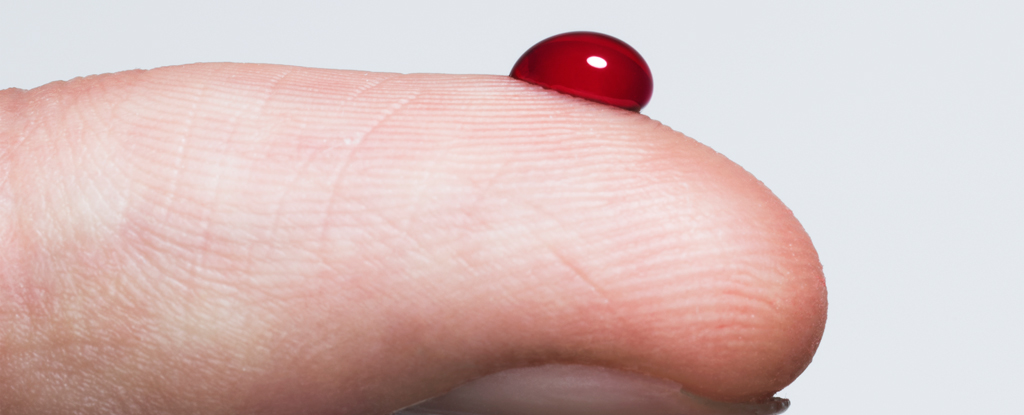
Research published in the journal Aging reveals significant insights into how blood serum from young individuals may reverse the aging process in human skin cells. A team of scientists from Beiersdorf AG, a skincare company based in Germany, developed a specialized 3D human skin model to examine the effects of young blood serum on skin cells. The study indicates that while the serum alone had no noticeable impact, the introduction of bone marrow cells triggered anti-aging signals, suggesting a complex interaction that rejuvenates skin.
The researchers discovered that the young blood serum interacts specifically with the bone marrow cells, effectively “rolling back time” for the skin cells. By measuring DNA methylation and cell proliferation, the team assessed the biological age of the skin tissue treated with either young or aged human serum combined with bone marrow cells. The results demonstrated a reduction in biological age for the skin exposed to the young serum, alongside increased metabolic activity and cell division—hallmarks of youthful skin.
In their analysis, the scientists identified 55 different proteins produced by the bone marrow in response to the young blood. Of these, seven proteins were linked to critical processes such as cell renewal and collagen production, which are vital for maintaining youthful skin. The researchers emphasize that these proteins may play a key role in understanding how young blood and bone marrow can contribute to skin rejuvenation.
While the findings are promising, the researchers acknowledge the need for further investigation in living humans, as the current study was confined to isolated cells in the laboratory. They stated, “Future studies are needed to further validate our identified proteins in the context of systemic skin rejuvenation and aging.”
The notion of utilizing blood to restore youth has fascinated humanity for centuries, inspiring myths and folklore. However, emerging scientific evidence suggests that reprogramming the body to slow down or even reverse the aging process may not be merely a fantasy. As the global population ages, research like this provides potential strategies for enhancing health in later life, ultimately aiming to delay the onset of age-related diseases.
The researchers articulated the complexities of aging, noting, “Aging is a complex process that significantly contributes to age-related diseases and poses significant challenges for effective interventions, with few holistic anti-aging approaches successfully reversing its signs.”
This research underscores a growing interest in the biological mechanisms of aging and their potential for therapeutic interventions. The implications of such studies could reshape our approach to health and longevity in an increasingly aging world.







